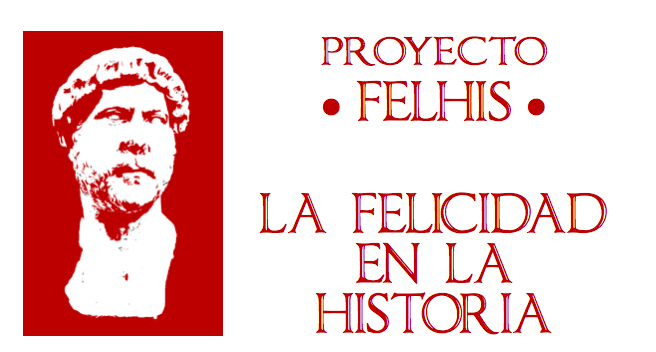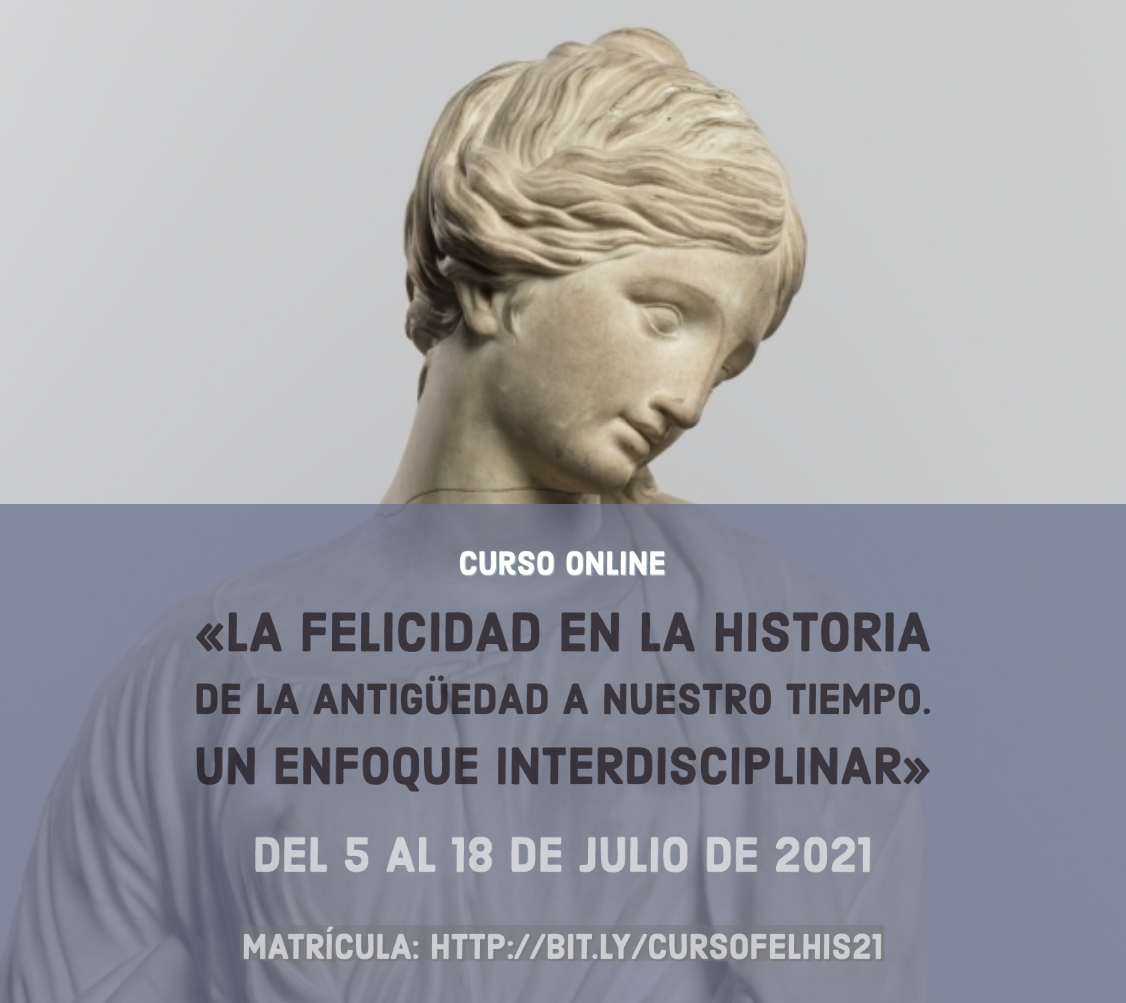The Fragility of Happiness
Una traducción al español del presente texto puede encontrarse aquí
DAVID KONSTAN
Aristotle famously affirmed that the one things upon which all people agree as the goal of life is happiness, or more precisely, eudaimonia. As he writes: “In name, there is pretty much agreement among the great majority. For both the multitude and refined people say it is happiness [eudaimonia], and they suppose that to be happy is the same thing as living well and faring well. But about happiness, people disagree as to what it is, and the multitude to not give the same answer as the wise” (Nicomachean Ethics 1.1.4, 1095a*). Aristotle observes that ordinary people identify happiness with pleasure or wealth or honor, or, when they are ill, with health. Aristotle goes on to examine each of these claims, but that happiness as such is desirable remains unchallenged.
And yet, there was a dissenting voice, or so it appears, in antiquity, and it is the voice of Xenophon, a contemporary of Plato who also wrote Socratic dialogues, as well as a continuation of Thucydides’ history of the Peloponnesian War and many other works. In one of these, called the “Reminiscences” or, to give its more common Latin name, Memorabilia, Xenophon recorded a series of Socratic conversations that he overheard himself or learned about from others. The overall purpose of these dialogues, Xenophon tells us, was to redeem the reputation of Socrates, who had been put to death for introducing new gods and corrupting the young. At one point, Socrates hears of a well brought up youth named Euthydemus, who is however shy and perhaps a little stuck up, and so avoids joining the conversations that Socrates stimulates. So Socrates seeks him out and puts him to the test, proving that Euthydemus, despite his having collected a large library, does not know what he thinks he knows – the usual result of a Socratic cross-examination. After challenging the poor boy on a number of topics, he asks him whether he knows himself, as an inscription on the temple of the oracle at Delphi commands. Socrates further observes that self-knowledge should include an understanding of what is good and what is bad. Euthydemus’ first answer is that health is good and sickness bad, but Socrates shows that health can sometimes lead to unfortunate consequences, as when a person who is ill fails to make a voyage in which the ship sinks and all those who were well perished. Euthydemus then offers as an unequivocal good wisdom, or what the Greeks called sophia, but Socrates manages to show that even this more intellectual quality can have bad results. His example is Daedalus, who designed the labyrinth in which the Minotaur was imprisoned and wings with which he and his son Icarus could escape – with fatal consequences for Icarus, and for himself, since he was later captured and sold into slavery.
Having been persuaded that wisdom too, or at least a reputation for cleverness, can also have negative effects, Euthydemus offers what he believes to be an absolute and indisputable good, and that is being happy (to eudaimonein, Mem. 4.2.34), to all appearances a safe bet, if we are to go by Aristotle’s statements. But Socrates has an objection even to this. He begins by observing that this would be true, unless happiness were composed of goods that were themselves ambiguous. After all, he asks, what would happiness amount to if it did not include good looks, strength, wealth, reputation, and all such things? But each of these constituent parts is itself subject to difficulties: boys who are too beautiful may be corrupted, those who are strong undertake labors beyond their abilities, the rich are vulnerable to conspiracies against them, and many who have power in the state have suffered grave harm. With this, Euthydemus surrenders and says, “If I am not even right in praising happiness, then I confess that I do not know what one should ask the gods for” (4.2.36).
Well, then, was Aristotle wrong and happiness is not the ultimate goal, however one may define it? We might, of course, deny that happiness, properly understood, is constituted out of such material advantages, although Socrates has already demonstrated that even wisdom is not an unequivocal good. Moreover, there is reason to think that Socrates does not entirely abandon eudaimonia as an ideal. Earlier, Xenophon tells us that Socrates thought that people who love learning and have a talent for it could, if properly educated, be happy and also enable both other human beings and whole cities to be happy (4.1.2). But what kind of education would that require? When Socrates has reduced Euthydemus to confusion, not only concerning the nature of happiness but also about the meaning of democracy and who counts as rich or poor, the young man recognizes his own ignorance and decides to spend the rest of his life in the company of Socrates. At this point, Xenophon tells us, Socrates ceased to perturb the boy, and he began to explain to him simply and clearly what he believed it was necessary to know and do. This does not sound like the Socrates we know from the early dialogues of Plato, who denied that he knew anything, except for the fact that he was ignorant, and preached no positive doctrine. What, then, did Xenophon’s Socrates expound to the young Euthydemus? The answer comes in the very next chapter of the Memorabilia, where Socrates treats him to a lengthy lecture on how the gods have created the world and the human body in the way that reveals their deep concern for our welfare. Socrates concludes that reverence for the gods is the surest way to achieve all good things (4.3.17). In a word, the one unequivocally positive trait in human beings is piety, a theme that runs through all the works of Xenophon – and it may even yield those good things that are essential to eudaimonia.








Aún no hay comentarios.